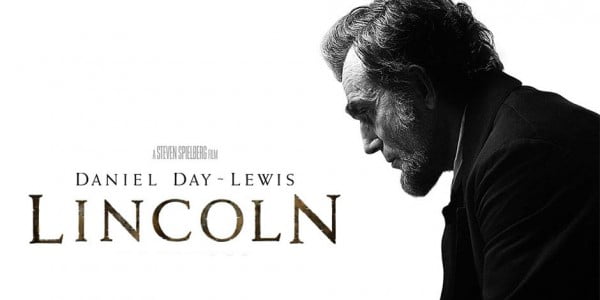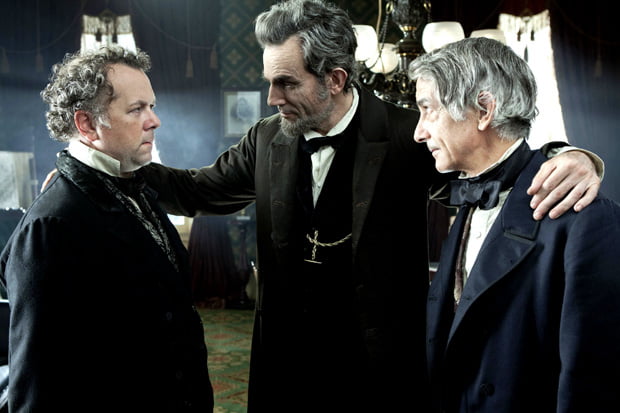 There seems to be nothing profound about this statement. If you know anything about my background, you know that I graduated from seminary and I served two particular churches as a full-time pastor for 6 years. I blog all the time about religious centric topics. Duh, of course, my faith is essential to who I am. Case closed.
There seems to be nothing profound about this statement. If you know anything about my background, you know that I graduated from seminary and I served two particular churches as a full-time pastor for 6 years. I blog all the time about religious centric topics. Duh, of course, my faith is essential to who I am. Case closed.
But, something about stating this as fact at this juncture of my life feels different. Maybe even scares me a little.
I don't feel I'm not the kind of person who just comes out and says such so bluntly. And I really hate being lumped with these kinds of Christians who might come from these camps and start conversation with judgment before love . . .
I think actions speak for themselves. Do I love? Do I forgive? Do I consider someone's needs before my own? Words are not always necessary.
But then this weekend, as I worked on another draft of the book proposal for my upcoming memoir about grief, I realized something I'd never thought of in such a strong way. And that is: my faith is essential to who I am.
As I wrote the words on the page of this proposal, it felt like I had invited myself into my own coming out party.
For, there was no way I could describe the book I've written without talking about the interwoven themes of God's provisions, God's love and God's direction within my story.
I just couldn't.
And even though I so desperately don't want an expression of my faith to be lumped together with the kind of Christian paths that I've seen hurt people and that (in my humble opinion) don't seem to be grounded in the teachings of Jesus, I couldn't tell my story without it being a FAITH story.
As I wrote the marketing plan for the book that I hope one day soon with convince a publisher to want to print my narrative (hopefully a non-religious publisher!), I couldn't help but think that the reason why I believe my spiritual memoir will sell is because search of something, or someone greater than ourselves IS what deep down we're ALL looking for. Search for spiritual connection to the Divine and one another is essential to the human experience.
And with all of this true, we crave stories of faith in all shapes and sizes.
We crave stories that will tell us how others made movement in their lives when all seemed lost.
We craves stories that tell us how messy weaves of relationships can survive deep wounds.
We crave stories that tell us how hope born in our hearts rides the waves of the most turbulent storms.
And, though at first glance my book might seem off-putting to the very people I want to reach with my story--
those on the edge of a religious tradition
those who are in the throws of deep grief without a faith community
or those who have only experienced people of faith as obnoxious
I can't tell my story any other way than: faith is essential to who I am.
What about you? How do you talk about the spiritual part of you? Or do you talk about it at all?
 When you’re the one who tells the story
When you’re the one who tells the story
Watch out!
Caution!
Steep slope ahead!
Sharp curve!
For in drawing out truth of a great abyss
You take off their mask without permission
And, found: crumbs their corner
Lint in their dryer
Corrosion in their engine
When you’re the one who tells the story
In an instant you’re no longer normal
Your songs melodic
But they see thunder storms
Your poetry colorful
But they see darkness
Your strides graceful
But they see crutches
Who wants to hear a story anyway?
But, something in you says you have to tell it anyway
You were born to be that one.
 If you haven't seen Daniel Day-Lewis' Oscar winning portrayal of Abraham Lincoln this season, I highly recommend it.
If you haven't seen Daniel Day-Lewis' Oscar winning portrayal of Abraham Lincoln this season, I highly recommend it.
What I love about this film, as many critics have said, is its humanization of Lincoln. Not only do you see his vocational struggles to lead the country during a turbulent time of war, but you see his difficult marriage, his parenting successes and failures, his erratic sleep patterns, his depression and most of all his perseverance.
One of the most striking aspects of film, in my opinion, came every time Lincoln told a story. Lincoln defused tense or a fear-driven moment with a tale: a tale would usher into a room clarity and grace. Or sometimes just more frustration! I laughed aloud on several occasions when one of his colleagues complained, "Oh, not another one of your stories." I could imagine this kind of complainant coming from me if I were there!
To his literal-minded critics, it seemed that Lincoln's use of stories were somehow a diversion tactic or simply a waste of time.
But, if Lincoln's bystanders listened closely they'd hear a nugget of wisdom for the challenges at hand. Stories, at least as this film portrayed, became a tool for abstract thinking, re-consideration of engrained opinions, and humor. All things difficult conversations needed to keep moving forward.
Most of all, Lincoln's use of stories helped everyone get on the same page. Or at least start asking the right questions.
 Thinking about how Lincoln's stories became the balm to hold his family, critics and even the nation together-- has helped me to see Jesus' steps with greater clarity.
Thinking about how Lincoln's stories became the balm to hold his family, critics and even the nation together-- has helped me to see Jesus' steps with greater clarity.
During Lent this year, I've been reading through a portion of Luke's gospel every day. It's been a long time, I have to say, since I've read a gospel straight through without any intention of preaching or teaching what I'm studying (what a refreshing change!).
Like Lincoln, Jesus used parables regularly to enlarge listeners' worldview, to re-shape their vision of God, and to abolish religious practice out of touch the good news for all people.
The Parable of the Lost Son is one such story that I know my lectionary preaching friends are wresting with this week-- one of those stories Jesus told that it is hard to preach out of such great familiarity!
But, like many who will hear sermons on this story this Sunday, Jesus' audience also struggled. "Couldn't you just get on with it?" many must have complained. For scripture tells us that these parables often fell on confused and frustrated ears. But this did not change Jesus' approach. He kept telling stories anyway.
I don't think Jesus' teaching would be the rich feast we find it to be today without his stories. The parables give show us God's vastness like nothing else could.
Yet, even with this true. I, like those first disciples and the crowd gathered around Jesus, often feel confused at Jesus' parables, especially those in whom I've heard countless times before. It's so easy to think the stories are simple (hey, I've got this) only to find that they're completely more complex than I ever imagined them to be.
But, the stories draw me in every time. They mesmerize me in fact. I'm glad they are there-- even if I would like to say to Jesus sometimes, "just skip the stories and make it plain."
Thank goodness for the storytellers who keep sharing. Maybe one day we'll all understand.